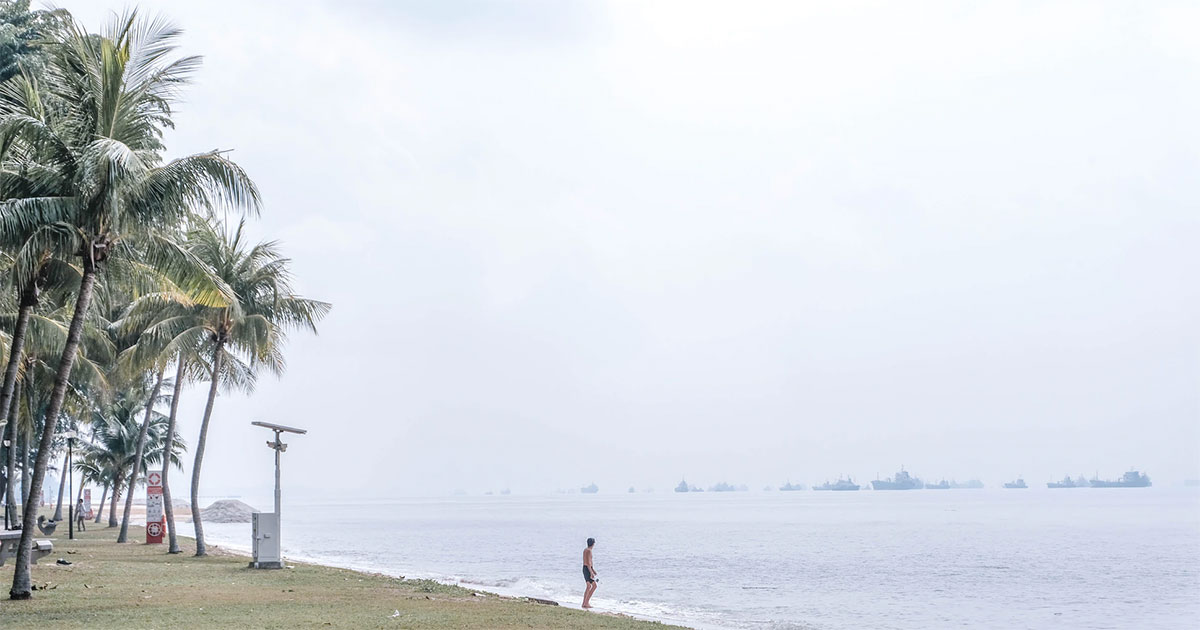The Southwest monsoon that emerges between June and September is upon us again.
Its emergence brings about low-level winds and with it, drier weather conditions that can worsen forest fires in this region, in particular, Indonesia.
In response, on July 1, 2020, the Indonesian government declared a state of emergency due to the risk of forest fires erupting.
700 hotspots detected
Central Kalimantan, the third largest Indonesian province, is facing over 700 hotspots at the start of this dry season.
These hotspots were detected using satellite, which predicted there's a high chance that forest fires will start.
The province has declared a state of emergency that will last from July 1 to Sept. 28.
Water bombing of hotspots
The authorities have said they will increase patrols and extinguishing efforts to prevent the spread of fires.
Water bombing of fire-prone areas is underway, where fires began in May 2020.
Firefighters have also begun cloud seeding, a rain-making exercise to encourage precipitation in these areas.
These operations would last until the end of September -- when the dry season ends.
These fires usually start because the land needs to be cleared for plantations, such as palm oil and others.
Fires, however, can get out of hand.
State of emergency
Another two provinces, Riau and South Sumatra, have also declared a state of emergency in view of the dry season.
An official from the environment and forestry ministry, Radian Bagiyono, said that the peak season is likely to be in August.
Budget cut due to Covid-19
There have been some concerns over the return of haze in the region as a result of widespread forest fires earlier this year, while Covid-19 was breaking out.
The pandemic has resulted in a budget cut for the environment ministry working to contain forest fires.
Besides economic losses, Covid-19 has caused resources to be redirected to the health ministry to control the outbreak in Indonesia.
There are concerns that the budget cut will leave the local community to fend for themselves.
Air pollution from the fires can lead to more demand for N95 masks and increases the risk towards vulnerable groups.
Top photo via Unsplash
If you like what you read, follow us on Facebook, Instagram, Twitter and Telegram to get the latest updates.
